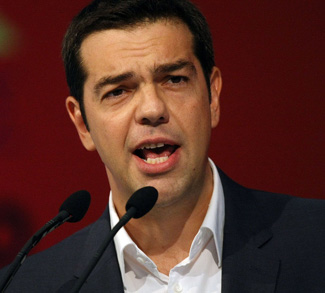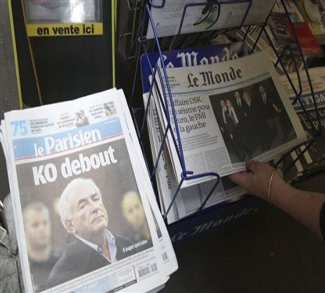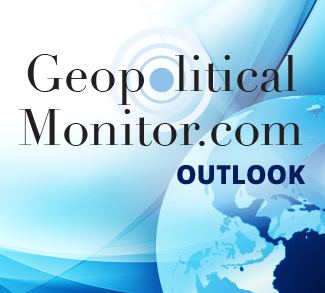Background
France is a geopolitical contradiction: on one side it is a continental powerhouse and half of the Grand Partnership that drives the European project. On the other it’s a ticking debt bomb that refuses to reform and balks at the Union’s already lax fiscal regulations. Some even go so far as to classify it as an unofficial member of the PIGS (Portugal, Italy, Greece, and Spain), that ignoble club of euro zone countries flirting with a sovereign debt crisis.
Most recent economic indications have been on the positive side. The French economy grew 0.6% in the first quarter, surprising many economists and putting it well on the road to achieving the government’s admittedly meek goal of 1% growth in 2015. France is also known for its high standard of living, relatively low income inequality, high productivity, and sound banking system (which Moody’s upgraded to ‘stable’ from ‘negative’ last week).
President Francois Hollande has been more pro-growth than his ‘Socialist’ branding would initially suggest, though not by much. In February, his government pushed an economic reform package through an unruly French parliament. The package introduced various labor reforms, deregulations, and privatizations, including allowing shops to open on Sundays and evenings, streamlining hiring and firing, and reforming labor regulations in the legal industry. Many of France’s professions are heavily regulated, which has long proved a drag on labor productivity.




